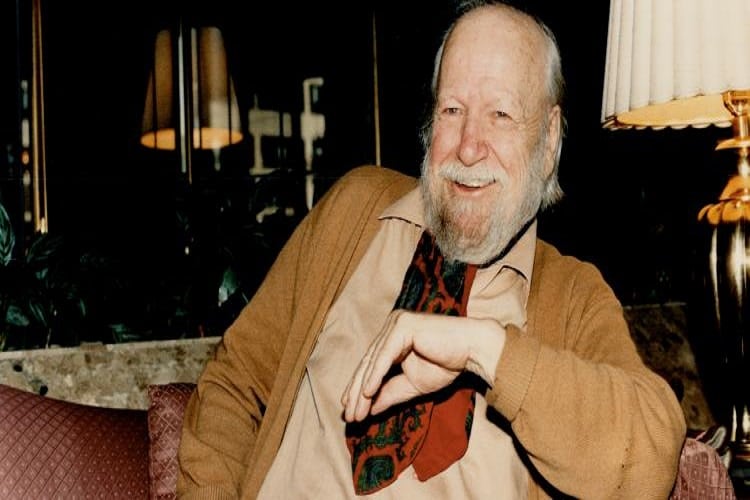William Golding (19 September 1911 – 19 June 1993) was a British novelist, playwright, and poet. He was awarded the Nobel Prize in Literature in 1983.
Life and Career
William Golding was born on 19 September 1911, in Newquay, United Kingdom. He was the son of Alec Golding, a schoolteacher, and Mildred Golding. He spent his early years in Cornwall and developed a deep love for nature, which would later influence his writing.
Golding attended Marlborough Grammar School, where he excelled academically. He then went on to study English literature at Brasenose College, Oxford. However, his education was interrupted by the outbreak of World War II, during which he served in the Royal Navy.
After the war, Golding returned to teaching and began writing novels. His most famous work, “Lord of the Flies,” was published in 1954 and became an instant classic. The novel explores the darker aspects of human nature through the story of a group of boys stranded on a deserted island.
Golding continued to write novels, short stories, and essays throughout his career. Some of his other notable works include “The Inheritors,” “Pincher Martin,” and “The Spire.” His writing often delved into themes of morality, civilization, and the innate capacity for evil within humans.
William Golding passed away on 19 June 1993, in the United Kingdom.
Award and Legacy
Golding received several awards and honors during his lifetime, including the Nobel Prize in Literature in 1983. The Nobel Committee praised him for his contribution to literature, stating that he “illuminates the human condition in the world of today” through his novels.
William Golding’s legacy is primarily tied to his literary contributions, particularly “Lord of the Flies,” which remains widely studied in schools and universities around the world. His exploration of the darker aspects of human behavior and the fragility of civilization continues to be relevant and thought-provoking.
Golding’s work has also influenced many authors and filmmakers, and his novels continue to be read and analyzed for their deep psychological insights into the human psyche. He is remembered as a writer who challenged readers to confront the complexities of human nature and society through his powerful storytelling.

